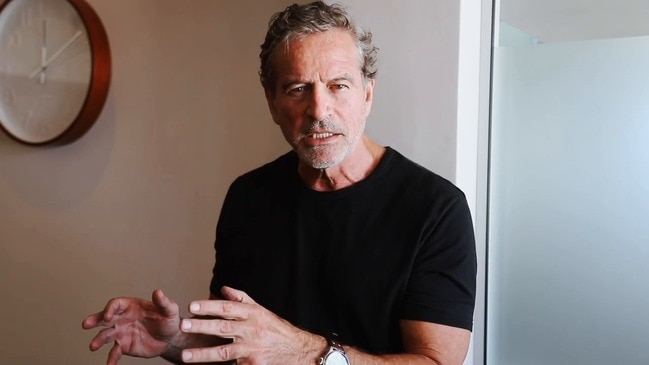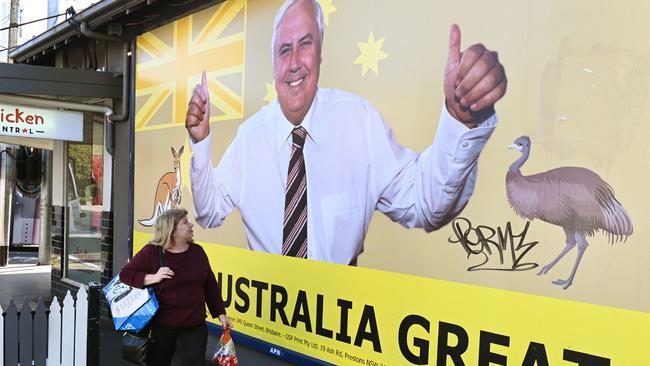Amy Nikolovski: ‘Truth in advertising’ laws should also apply to politicians
Why black out traditional broadcast media at election time if it’s perfectly legal for politicians to advertise on social media? It defeats the purpose of these laws and exposes how out of date they are, writes Amy Nikolovski.

Opinion
Don't miss out on the headlines from Opinion. Followed categories will be added to My News.
Tanya Plibersek blamed Clive Palmer’s massive pre-election advertising blitz for contributing to Labor’s surprise federal-election loss to the Coalition.
While some have questioned the ethics of a billionaire, who has been in trouble regarding payments to his workers, splashing $60 million on a scare campaign, the most common gripe I’ve heard about election advertising is the intrusive, unsolicited texts and robocalls from political parties.
Right up until the morning of election day I was receiving text messages from parties imploring me to vote for them, or trying to frighten me against voting for another party. “Blackout” laws prohibit political advertisements being broadcast on television and radio from the end of Wednesday before polling day but do not apply to text messaging or social media. Up until the polling booths opened, you couldn’t go on YouTube without being forced to endure Palmer or his cohorts touting for votes.
There is a clear inconsistency here.
Why black out traditional broadcast media if it’s perfectly legal to advertise on social media? It defeats the purpose of these laws and exposes how out of date they are.

It should also cause some concern that politicians are legally allowed to buy phone number lists from marketing companies and are perfectly entitled to robocall you even if you’re on a “do not call” register. They can also text you because anti-spamming laws only prohibit unsolicited messages if they are commercial in nature. I suspect many would welcome the choice to opt out.
Politicians are also exempt from “truth in advertising” laws, meaning they can make false or exaggerated claims with relative immunity.
How does this benefit democracy?
The argument for these political exemptions is that if political parties were subject to the same advertising and privacy laws as commercial entities it could threaten freedom of political communication, which is essential to a functioning democracy. If we don’t like what our politicians are saying or doing, we have the election process to keep them accountable.
But is this enough? How can we make informed choices if we are bombarded with messages that need not have any basis in fact? Social media has made it far easier for political parties and unaffiliated political activists to spread misinformation.
We are blessed to live in a democracy where our voice counts. If we are sick of intrusive political advertising and want our politicians to be fair dinkum, we can appeal to our local MPs and ask for change. If enough people call for political-advertising laws to be cleaned up, they will listen.
AMY NIKOLOVKSI, IS LAW SOCIETY SA PRESIDENT


